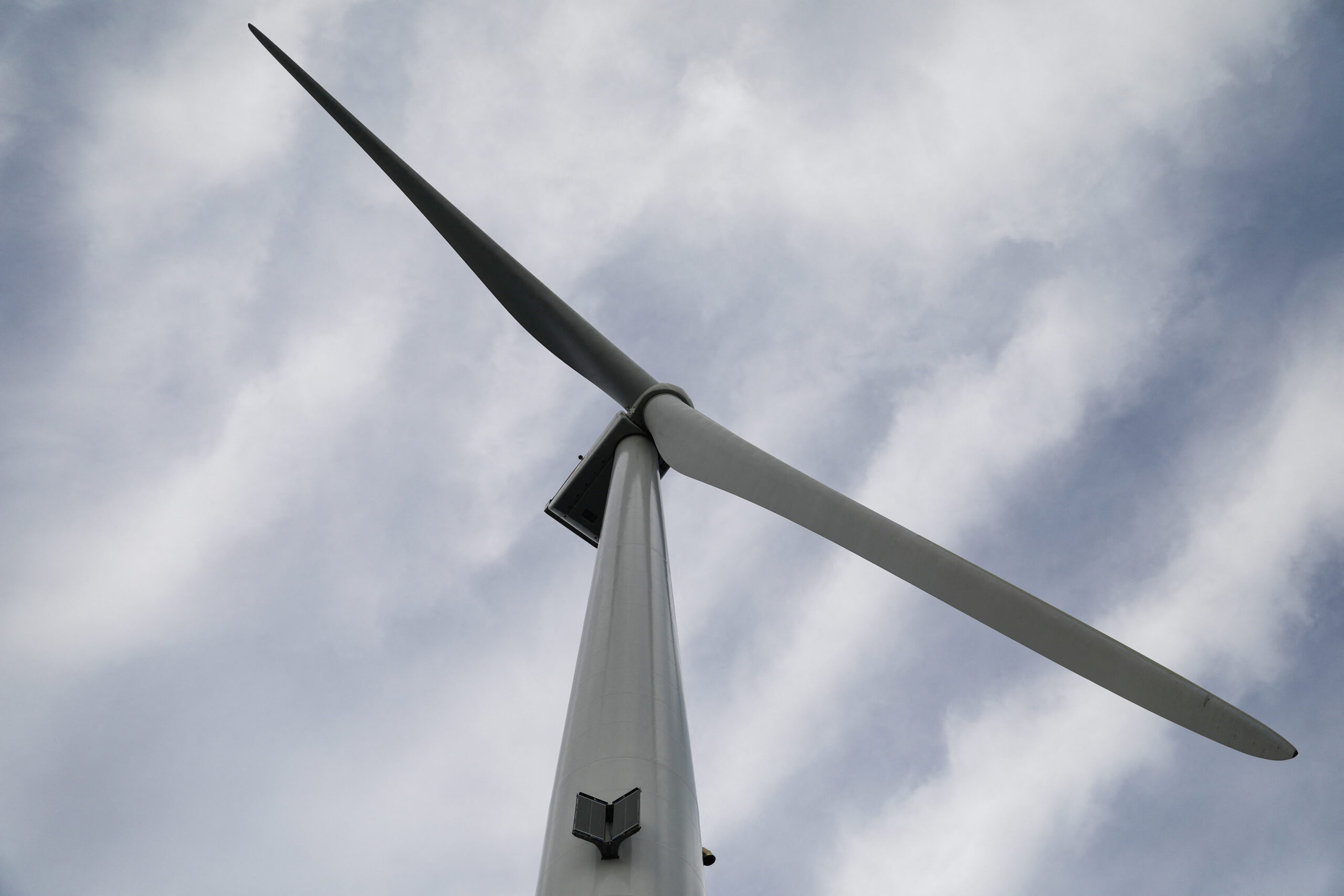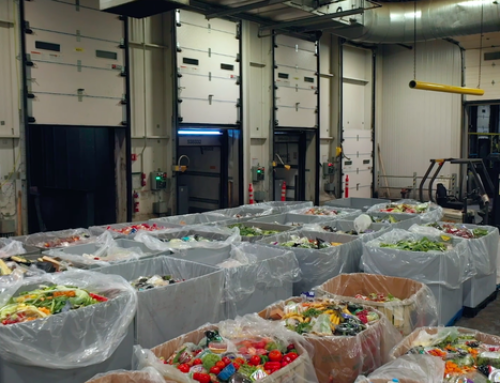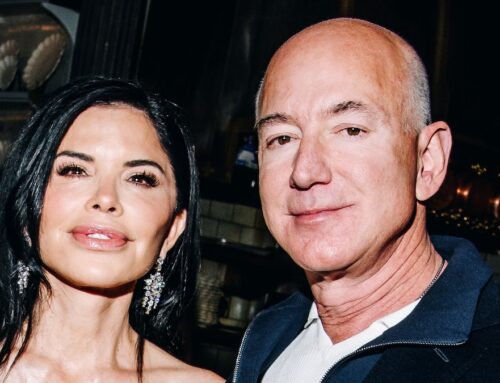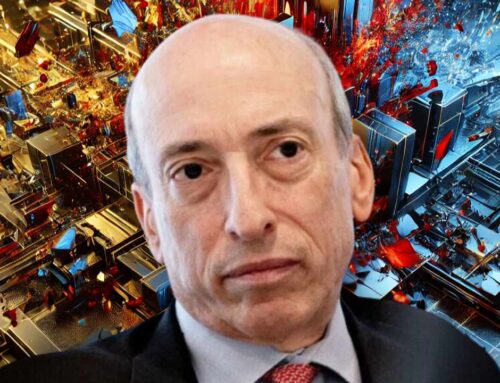World leaders call for investment in clean energy, developing nations seek help
September 24, 2024

reuters_tickers
By Valerie Volcovici and Simon Jessop
NEW YORK (Reuters) -World leaders on Tuesday called for far more investment in renewable energy to tackle climate change, with developing nations saying they need financial support to make the transition.
Speaking at a Global Renewables Summit, Kenyan President William Ruto made the case for investing in renewables in Africa as part of the global pledge made at last year’s COP28 summit to triple clean energy capacity by 2030.
“Africa receives less than 50% of global investment in renewable energy despite being home to 60% of the world’s best solar opportunities,” Ruto told the summit, which is being held on the sidelines of the U.N. General Assembly
The continent is rich in resources needed for development, he said, but can’t always access those resources due to the current mix of “unreliable or expensive energy.”
Barbados Prime Minister Mia Mottley said that fossil fuel subsidies outnumber renewable energy subsidies, which makes it more expensive for small states to develop clean energy projects.
“Small states face the reality that the cost of renewable energy … will probably be higher than traditionally fossil fuels,” she said.
Recent reports, including one by the International Energy Agency, suggest that tripling the world’s renewable capacity is feasible within this decade. But the effort will require robust regulation including strong rules for issuing project permits as well as investments in building out transmission and battery storage.
Azerbaijan, which is hosting this year’s COP29 climate summit in November, said it was planning to rally governments to make a new global pledge to increase electricity storage sixfold.
Earlier in the day, a coalition of some of the world’s biggest companies, finance houses and cities called Mission 2025 urged governments to adopt policies that they said could unleash up to $1 trillion in clean energy investments by 2030. The policies include setting new capacity targets and offering tax credits or long-term electricity contracts that would encourage investment.
“WE DID IT”
Giving his final major speech on climate change at a forum attended by clean energy business leaders, U.S. President Joe Biden celebrated his $369 billion signature climate law.
“We were told it couldn’t get done and we did it,” he said of passing the Inflation Reduction Act in 2022, adding that the legislation has since encouraged innovation and created hundreds of thousands of jobs.
“Private companies have announced investments of over $1 trillion in clean manufacturing,” he told the event. “We are just getting started.”
Some companies and investors are looking at artificial intelligence technologies with excitement for the solutions they might bring but there is also concern about the energy-intensive data centers that are needed to power them.
AI is “a problem, and it’s part of the solution,” Andres Gluski, the chief executive officer of U.S. power firm AES Corporation told Reuters in an interview.
“With AI, we could come up with new materials that are better for batteries, that are better than copper,” he said.
“If we have labor shortages, AI will help us. If we have to do demand management, AI will help us.”
(Reporting by Valerie Volcovici and Simon Jessop in New York; Additional reporting by Laila Kearney. Editing by Katy Daigle, David Evans, Aurora Ellis and Edwina Gibbs)
Search
RECENT PRESS RELEASES
Related Post



